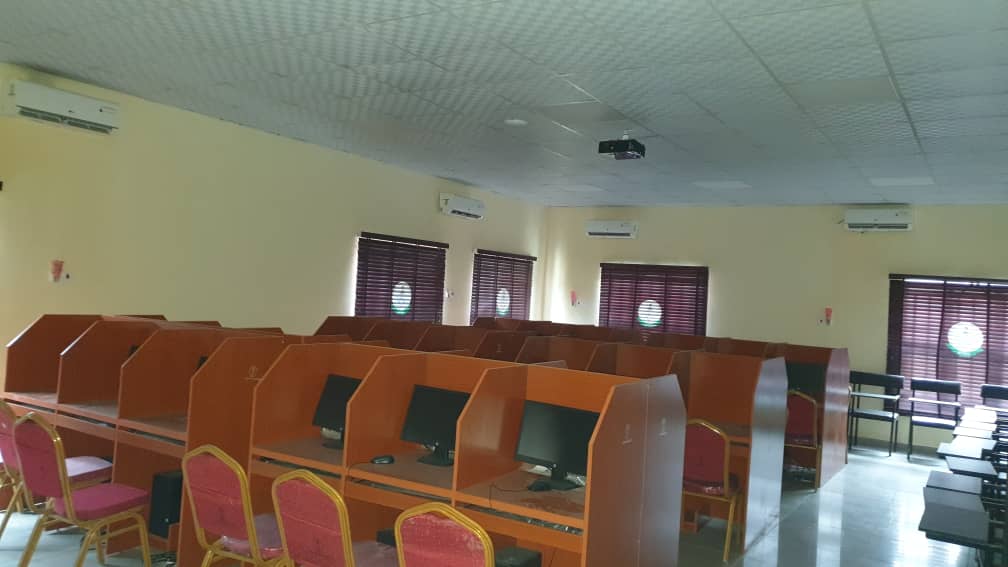The COVID-19 pandemic and global lockdown has been described as one of the key factors that influenced Nigerians to realize the key values of Information and Communications Technology, especially in closing distances and disseminating information.
Director General, National Information Technology Development Agency (NITDA), Mallam Kashifu Inuwa Abdullahi, CCIE, made the remark at the Webinar for Nigerian IT & IT Security Community with the theme, “Back To Basics – COVID-19 & Critical Security Controls” organised by the Agency, in partnership with Africa’s emerging cyber security VAD leader, Spire Solutions.
Abdullahi pointed out that the directive from the Ministry of Health which made the people to stay at home and observe social distancing rule propelled adoption and use of ICT to new heights.
According to him, the word “work from home” has now become common place just as the boom in the use of virtual platforms and increase in online activities by individuals, governments and businesses led to increase in global internet traffic, Nigeria inclusive.
Abdullahi further disclosed that official statistical data indicated that the ICT sector contributed 14.07% to the total real GDP in Q1 2020, higher than its contribution a year earlier (13.32%) and in the preceding quarter, in which it accounted for 13.12% in Nigeria.
However, despite the growth in the ICT sector he lamented that Cybercrime incidences skyrocketed with social media accounts being hacked, phising emails and other malicious attacks on unsuspecting users.
“Cyber criminals used the fear and panic as well as unavailability of physical interactions to compromise security of devices and collect personal as well as financial credentials,” he noted.
Abdullahi stressed that to survive these antics of cybercriminals during the pandemic and post-pandemic period, there was the need to aggressively ramp up cyber security awareness, inculcate behavioural and cultural changes in online activities and acquire knowledge on how to stay safe on the space, especially for children.
He recalled how Google discovered approximately 149 thousand phishing websites, in March alone, which later increased to 552,000, increasing by 350% since January, saying that these phishing websites or emails direct users to malwares like viruses, worms, Trojan horses, ransomware and spyware.
“In Nigeria, we have some fake phishing websites in circulation misleading the public that the Federal Government has approved the disbursement of funds under a fake name called “Lockdown Funds”. We have investigated and took actions on several of such websites and WhatsApp messages. They claimed to be affiliates of the government requesting personal information like BVN in order to allot government palliatives,” he said.
Abdullahi added that “there were other claims to provide COVID-19 testing, and redirect individuals to site where they can provide their personal information, promises of investment opportunities; an email offering to supply COVID-19 related equipment it supplies at lower rates.”
He said that NITDA, as a responsible agency, lived up to expectation by providing Nigerians with advisory notes on these incidences. Where the Agency carries out periodic awareness programmes to enlighten Nigerians on the do’s and don’ts in the cyber space.
Abdullahi concluded that securing cyberspace remained a prerequisite to a robust digital economy championed by the present administration and urged Nigerians to be vigilante while doing business or other activities online.

 Join Daily Trust WhatsApp Community For Quick Access To News and Happenings Around You.
Join Daily Trust WhatsApp Community For Quick Access To News and Happenings Around You.


